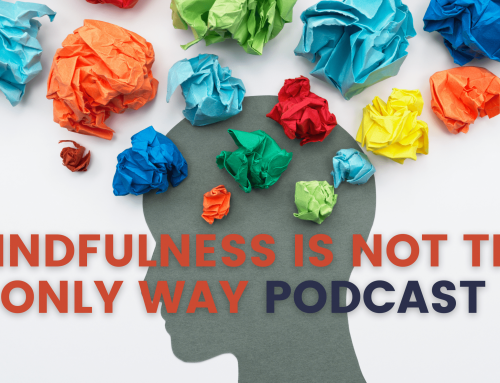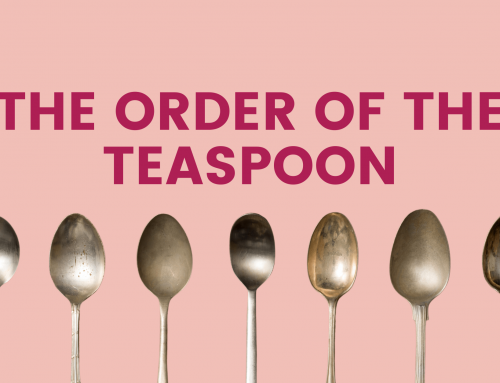If you were to survey 1k employees of a large corporate company, guess what their biggest health concern would be?
Any thoughts?
Well, if you thought stress, then you’d be right because that’s certainly what I found with one employee wellbeing survey that I have recently been involved with.
And these findings, are not unusual. What’s more, Science is increasingly establishing a strong link between stress and a number of health conditions, including:
- cardiovascular disease,
- weight gain,
- memory loss,
- immunity system disruption and
- accelerated ageing.
When you look at the biological impact of the stress response, it’s easy to understand why. When we’re stressed, our bodies go into the classic fight or flight response which has been designed to keep us alive and, therefore, everything that’s non-essential shuts down.
In the words of Dr. Lissa Rankin, author of Mind Over Medicine:
“Our bodies know how to fix broken proteins, kill cancer cells, retard aging, and fight infection. They even know how to heal ulcers, make skin lesions disappear and knit together broken bones! But here’s the kicker—those natural self-repair mechanisms don’t work if you’re stressed!
With this backdrop in mind, I was fascinated to see: ‘Stress: Portrait of a Killer’ which was jointly produced by National Geographic and Stanford University.
It’s a great film, revolving around the insights from the work that Dr. Sapolsky, a professor and scholar at Standford University, has done with African Baboons over many years, learning a huge amount about the human stress response and its effects on the body in the process.
The key finding is the importance of rank on stress levels. In other words, the higher a baboon’s rank, the less stress it experienced and vice a versa. More interestingly, though, was the discovery that the low ranking baboons also experienced more chronic diseases such as higher heart rates and blood pressure than the higher ranking baboons.
The key question here, though, is if science has found a link between stress and deteriorating health in wild primates, does the same apply to humans?
Well, another Professor, Professor Sir Michael Marmot’s Stress Study found a potential answer to this question. He followed18,000 British Civil Servants over a 40 year period and found exactly the same insights: the higher the status, the lower your risk for stress-related diseases.
But why?
Seems like control, or rather lack of control is at the heart of the greater stress response of the lower ranking baboons and civil servants.
And anyone who has ever felt a lack of control, a lack clarity, no way out, and no one to turn to, won’t be surprised by these findings as in these negative situations, it’s easy for things to easily spiral downwards and out of control.
Is there another way?
Well yes there is. Given that work-based stress is one of the biggest sources of stress for many people, managers and employers can make a massive difference to the wellbeing of their employees simply by giving their people more say and autonomy on how, where and what they work on. Many innovative businesses are putting this philosophy into practice to good effect, creating healthier, happier and more productive, winning teams.
Indeed, Professor Michael Marmot’s Whitehall study found that where people report that they have more control, the amount of illness went down.
Let me leave you with a link to Stress: Portrait of Killer. It’s 50 minutes in length and well worth the time:







